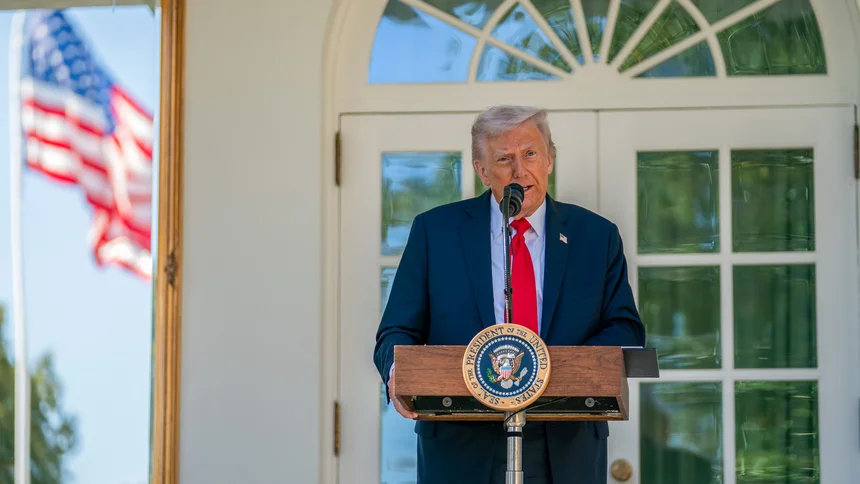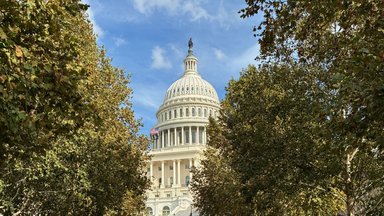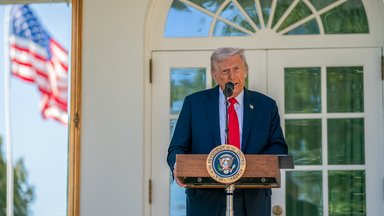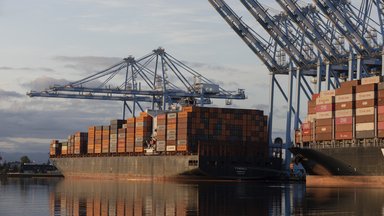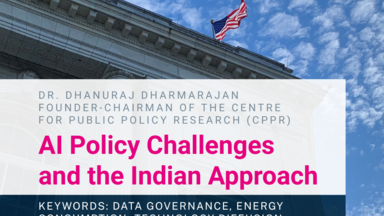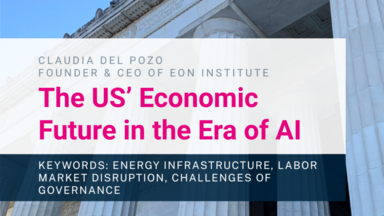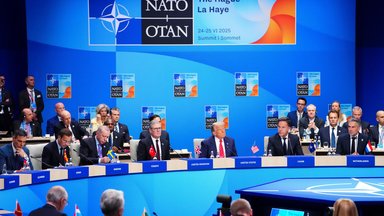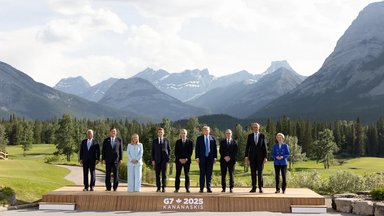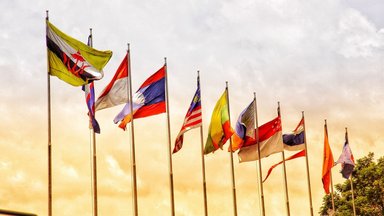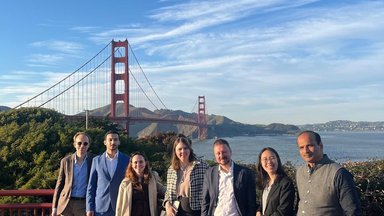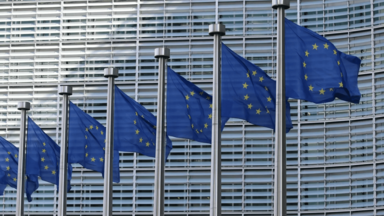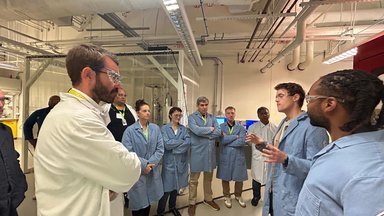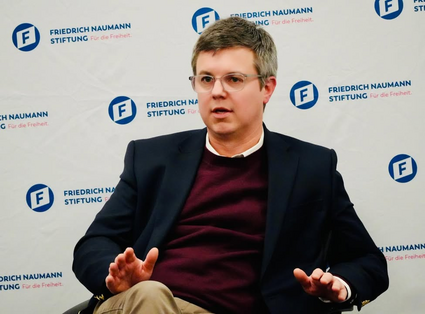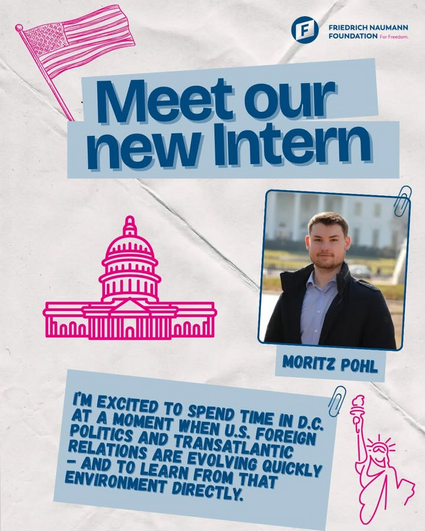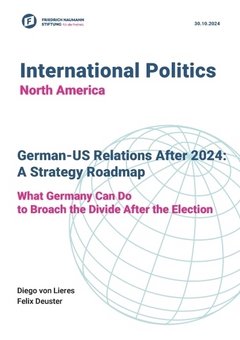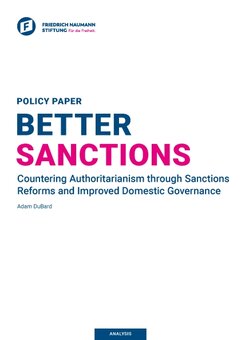North America
The North America Regional Office in Washington, D.C. is composed of two pillar programs. The Transatlantic Dialogue Program fosters political dialogue among political, business, scientific and cultural multipliers from the US, Canada and Germany and develops innovative liberal approaches and solutions to transatlantic issues. The World Order and Globalization Hub fosters dialogue among political, business and scientific multipliers by encouraging increased mutual understanding within the global economic landscape. Both initiatives seek to facilitate a transfer of knowledge among experts in order to make a worldwide contribution to social and economic progress.
News
-
Immer auf Angriff: Ein Jahr Präsident Donald Trump
Ein Jahr Präsidentschaft Donald Trump scheint wie eine Ewigkeit. Das liegt daran, dass sich alles um Donald Trump dreht - in der Innenpolitik wie in der Außenpolitik. Eine Analyse von Martin Biesel.
-
Decoding the United States on Tariffs and Trade
With the generous support of FNF Washington, I joined six curious economists from four continents on a weeklong global trade study tour of Washington D.C. and New York City. The tour included a commendable diversity of expert interlocutors with varying perspectives on the United States and its much-changed approach to tariffs and trade under the Trump administration.
-
“America First” in practice: observations made by our international delegation on trade and economics
Donald J. Trump's election in 2024 was largely based on economic dissatisfaction and social tensions in the US. Before he took office, the economy was burdened by weak growth, high inflation, and the aftermath of the coronavirus crisis. At the same time, migration and job losses in traditional industries played a central role in the voting behavior of many Americans.
-
Boosting Energy Investment in Emerging Markets
Energy and climate are reshaping international investment flows. In this context, North Africa stands out as one of the most dynamic and strategically positioned regions for both fossil and renewable energy development. According to the United Nations 2025 World Investment Report, North Africa emerged as the main growth engine in the continent.
-
Großer Vertrauensverlust: Trump-Politik wird von den Deutschen sehr negativ bewertet
Das Vertrauen der Deutschen in die USA schwindet: Eine aktuelle Umfrage zeigt, wie stark Donald Trumps Politik das Amerikabild und die transatlantischen Beziehungen belastet.
-
Transatlantic Trade Conference in Washington, D.C. - "Trade in the Age of Geoeconomics"
New globalization calls for open markets, lean agreements, and stronger European competitiveness over protectionism and politicized trade, as Karl-Heinz Paqué emphasized in his speech at the Washington conference.
-
AI Policy Challenges and the Indian Approach
This paper examines the global and Indian contexts of Artificial Intelligence (AI), advocating for a trustworthy, objective, and interdisciplinary approach to its development and governance. It addresses the critical need for transparency and responsibility in AI systems, highlighting challenges like inherent biases and moral uncertainties. The escalating energy demands of AI necessitate innovative power solutions and efficient data center management, prompting discussions on sustainable energy. The paper also explores the complexities of AI's unstoppable diffusion, noting the fragmented global data governance due to divergent regulatory philosophies.
